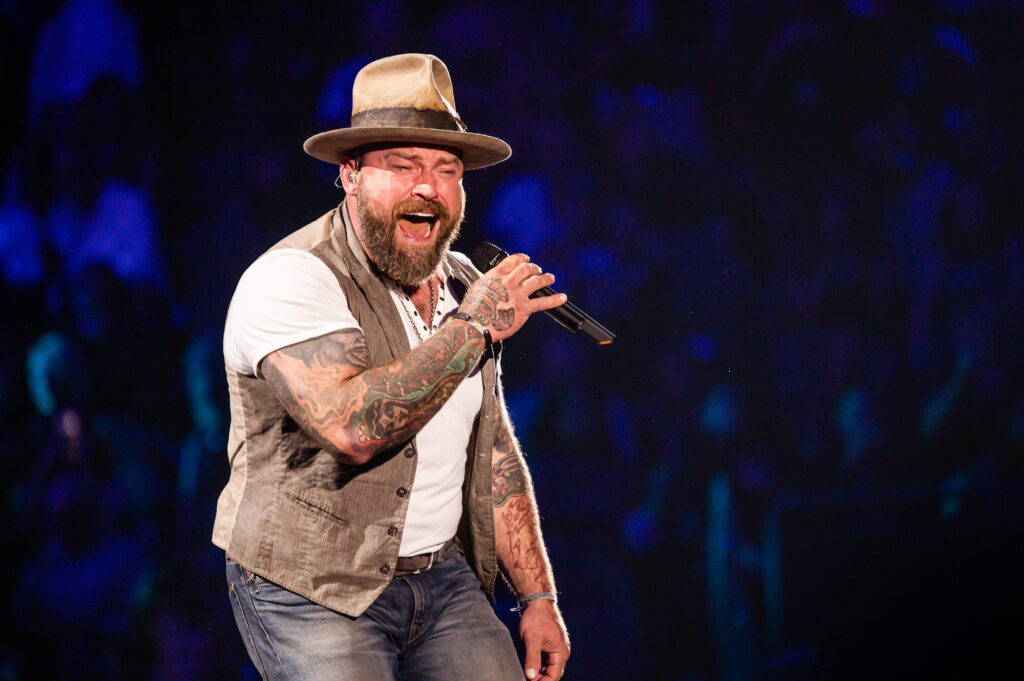Country music has always been known for its heart-wrenching lyrics and emotional depth, but behind the scenes, the genre isn’t just about sweet melodies and heartfelt stories. Some of the biggest names in country music have found themselves tangled in intense rivalries and feuds. From personal insults to social media battles, the drama has sometimes overshadowed the music itself, captivating fans and sparking endless debates.
These rivalries often reveal the passionate and competitive nature of the artists involved. For example, Blake Shelton’s public spat with his ex-wife Miranda Lambert has provided endless fodder for gossip columns. Meanwhile, the clash between Dolly Parton and Porter Wagoner over creative differences and legal battles has become a legendary tale in the annals of country music history.
In some cases, the feuds have led to memorable reconciliations, offering fans a glimpse of the complex relationships between their favorite stars. These stories are not just about conflict but also about the intense emotions that fuel the music fans love. Dive into the most notorious feuds in country music history and explore how they have shaped the genre. For detailed stories on these famous conflicts, visit Taste of Country and Nicki Swift.

The Roots of Rivalry
Rivalries in country music often originate from a blend of cultural trends and personal dynamics. Examining these origins helps explain the intensity and longevity of some of the most notable feuds.
Cultural and Historical Context
Country music has deep roots in American culture, reflecting regional pride, personal stories, and traditional beliefs. The genre originated from folk and blues, blending various influences that shaped its unique sound.
Regions like the South and Appalachia have strong ties to country music, and their cultural norms often emphasize authenticity and loyalty. This cultural emphasis can fuel rivalries when artists are seen as straying from traditional values or authenticity.
The industry’s commercial aspect also plays a role in fostering competition. Success in country music can be highly lucrative, leading to clashes over chart positions, concert sales, and radio play. Financial incentives and public attention magnify these tensions, often pushing artists to vocalize their grievances publicly.
Iconic Rivalries in History
One of the most well-known rivalries in country music history is between Zac Brown and Luke Bryan. This feud began when Zac Brown openly criticized Luke Bryan’s music, sparking a heated exchange among fans and within the industry.
Another iconic rivalry involves Dolly Parton and Porter Wagoner. Their partnership was highly successful, but creative differences and contract disputes led to a highly publicized split.
Modern rivalries also capture public attention, such as the feud between Miranda Lambert and Blake Shelton after their divorce. Personal relationships and their public handling can influence fan loyalty and media coverage.
These rivalries often reflect broader cultural and industry shifts, reinforcing why they resonate so deeply with fans. For more details on these rivalries, you can visit Taste of Country’s article on country music feuds.
Modern Melodies and Conflicts
As modern country music has evolved, so have the rivalries and disputes among its biggest stars. These conflicts often gain traction online, adding a layer of complexity to how they unfold and how fans digest them.
Contemporary Clashes
Recent years have witnessed intense feuds in country music, often reflective of broader cultural and political divides. One such example is the conflict between Natalie Maines of The Chicks and Toby Keith. Maines criticized Keith’s song “Courtesy of the Red, White and Blue (The Angry American)”, leading to a very public dispute.
Another notable clash involves Kacey Musgraves and the conservative sector of country music fans. After Musgraves voiced her progressive views, some fans turned against her, highlighting the ongoing tension between traditional and modern viewpoints in the genre.
Media’s Role in Modern Feuds
The way country music feuds are perceived has changed dramatically with the rise of social media and digital news outlets. Platforms like Twitter and Instagram allow artists to instantly voice their opinions and grievances, often making private disputes very public.
News websites and blogs play a significant role in amplifying these conflicts. Articles such as “3 of the Biggest (And Silliest) Feuds in Country Music” bring light to even minor disputes, turning them into headline news. Additionally, fan behavior on social media often fuels these conflicts, making every disagreement a larger public spectacle.
